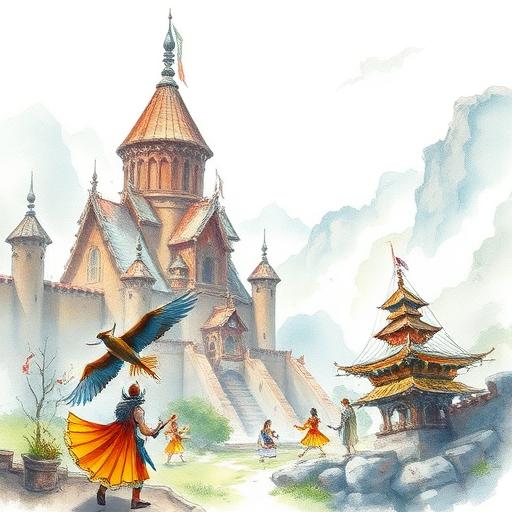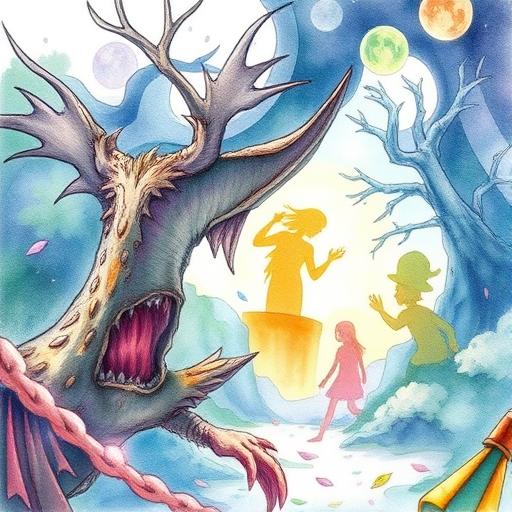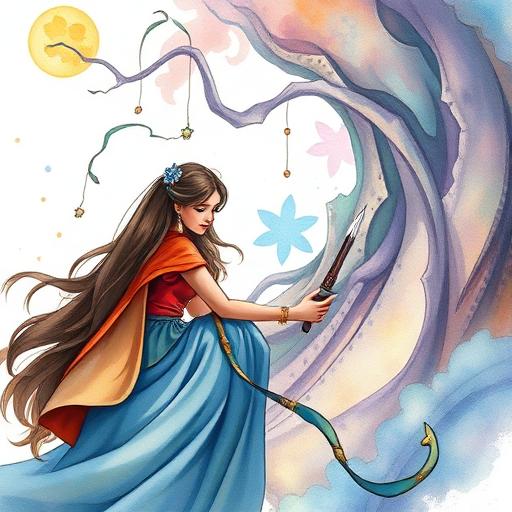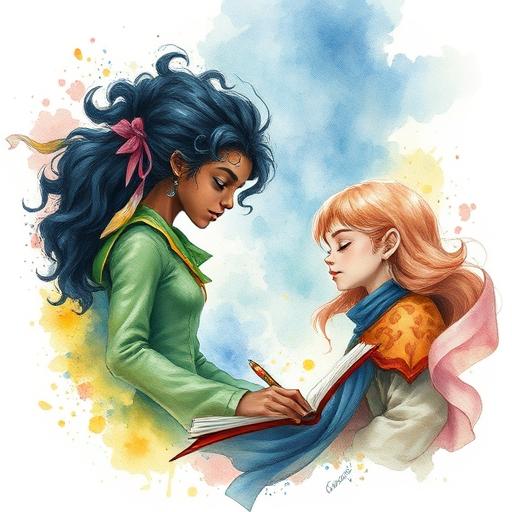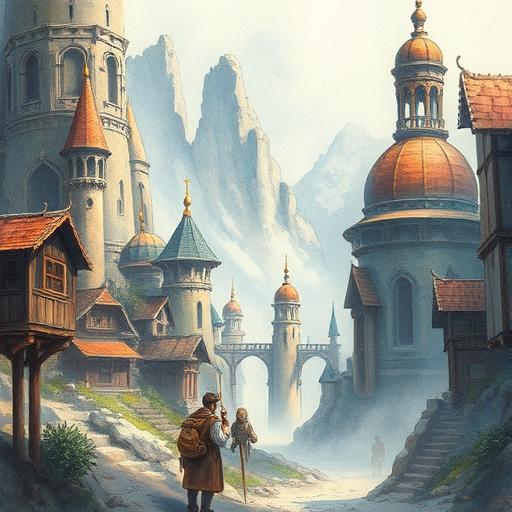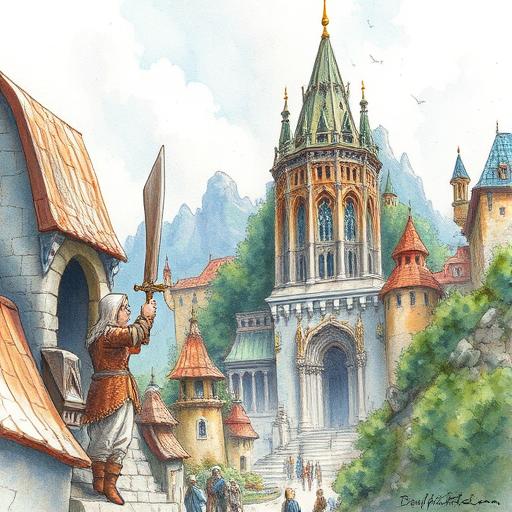Writing Across Cultures: Exploring Diverse Perspectives in Fiction
Learn how to craft authentic and nuanced characters from diverse cultural backgrounds, and discover the benefits of exploring different perspectives in your writing. This article provides practical tips and examples for writers looking to create rich and immersive worlds.
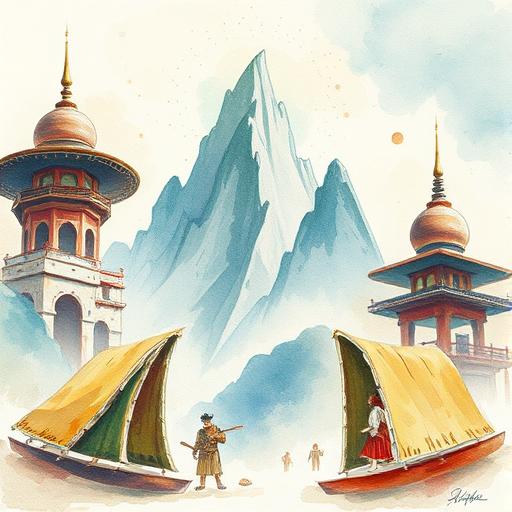
Introduction to Cultural Diversity in Writing
Writing across cultures requires a deep understanding of the complexities and nuances of different cultural backgrounds. As authors, we strive to create characters that are authentic and relatable, yet also reflective of the diverse world we live in. By exploring different perspectives, we can add depth and richness to our stories, making them more engaging and memorable for our readers.
The Importance of Research and Sensitivity
When writing about cultures other than our own, it's essential to approach the task with sensitivity and respect. This means doing thorough research and being mindful of cultural differences and nuances. For example, a writer creating a character from a specific cultural background should:
- Study the customs, traditions, and values of that culture
- Consult with people from that culture to ensure authenticity
- Avoid stereotypes and tropes that can be damaging or offensive
Building Authentic Characters
Creating authentic characters from diverse cultural backgrounds requires more than just surface-level research. It involves understanding the historical, social, and cultural contexts that shape their experiences and worldviews. Consider the following factors when crafting your characters:
- Their cultural heritage and how it influences their values and behaviors
- Their socioeconomic status and how it affects their access to resources and opportunities
- Their personal experiences and how they shape their perspectives and motivations
For more tips on creating rich and immersive worlds, check out our article on world and planet writing.
Navigating Cultural Differences in Worldbuilding
When building a fantasy world, cultural differences can be a rich source of inspiration and conflict. Consider how different cultures might interact, influence, and conflict with one another. Ask yourself:
- How do different cultures view and interact with the natural world?
- What role do cultural traditions and customs play in shaping the world's history and politics?
- How do cultural differences impact the relationships between characters and the plot of the story?
Experimenting with Different Perspectives
Writing across cultures and genres can be a liberating experience, allowing you to experiment with different perspectives and styles. For example, you might:
- Write a fantasy novel from the perspective of a character from a non-Western cultural background
- Create a science fiction story that explores the intersection of technology and traditional cultural practices
- Craft a historical fiction narrative that delves into the experiences of a marginalized or underrepresented group
For more tips on experimenting with different genres and styles, check out our article on writing across genres.
Overcoming Challenges and Avoiding Pitfalls
Writing across cultures can be challenging, and there are potential pitfalls to avoid. Be mindful of:
| Pitfall | Solution |
|---|---|
| Cultural appropriation | Research and consult with cultural experts to ensure authenticity |
| Stereotyping | Create nuanced and complex characters that defy simplistic categorizations |
| Insensitivity | Be respectful and empathetic in your portrayal of different cultures and experiences |
Conclusion
Writing across cultures is a rewarding and enriching experience that can add depth and richness to your stories. By approaching the task with sensitivity, respect, and a willingness to learn, you can create authentic and nuanced characters that reflect the diversity of the world we live in. Remember to research thoroughly, consult with cultural experts, and experiment with different perspectives to craft a narrative that is both engaging and respectful. With practice and dedication, you can become a skilled worldweaver, capable of crafting immersive and unforgettable stories that transport readers to new and exciting worlds.
Comments
Comments are hidden to save bandwidth. Load them when you want to read or leave one.
